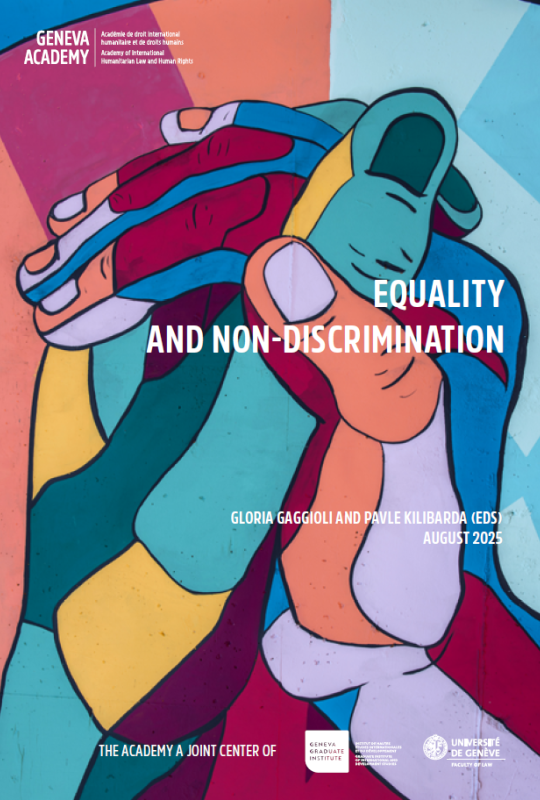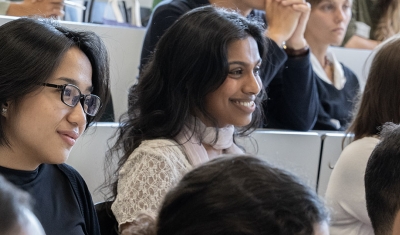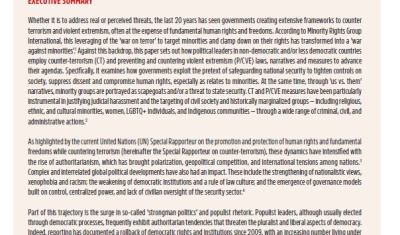21 August 2025
Our new publication, Equality and Non-Discrimination, edited by Professor Gloria Gaggioli and Dr Pavle Kilibarda, brings together cutting-edge scholarship on one of the most fundamental principles of international human rights law.
Based on contributions first presented at the 2021 Human Rights Week colloquium in Geneva, the volume examines contemporary challenges to equality across a wide range of contexts — from sexual orientation and gender identity, to the rights of indigenous peoples, to the impact of armed conflict and algorithmic decision-making.
It explores how international and regional human rights mechanisms — including the European Court of Human Rights, the Inter-American system, and United Nations treaty bodies — shape legal understandings of inequality and discrimination. The volume also addresses complex and emerging issues such as systemic racism, the intersection of gender and colonial legacies, and the risks posed by new technologies. Each chapter situates these developments within broader normative frameworks, while highlighting both progress made and persistent gaps in implementation.








